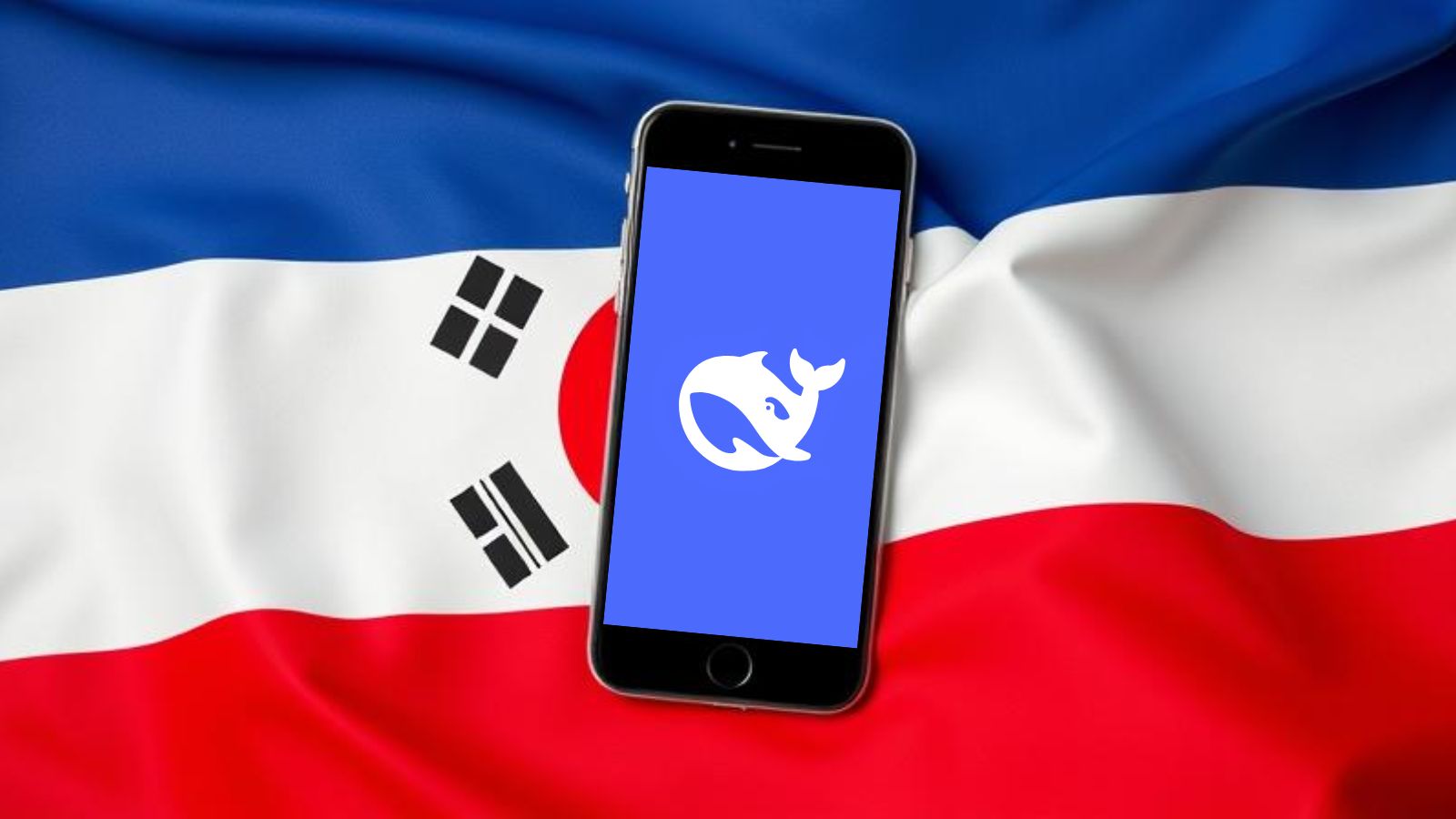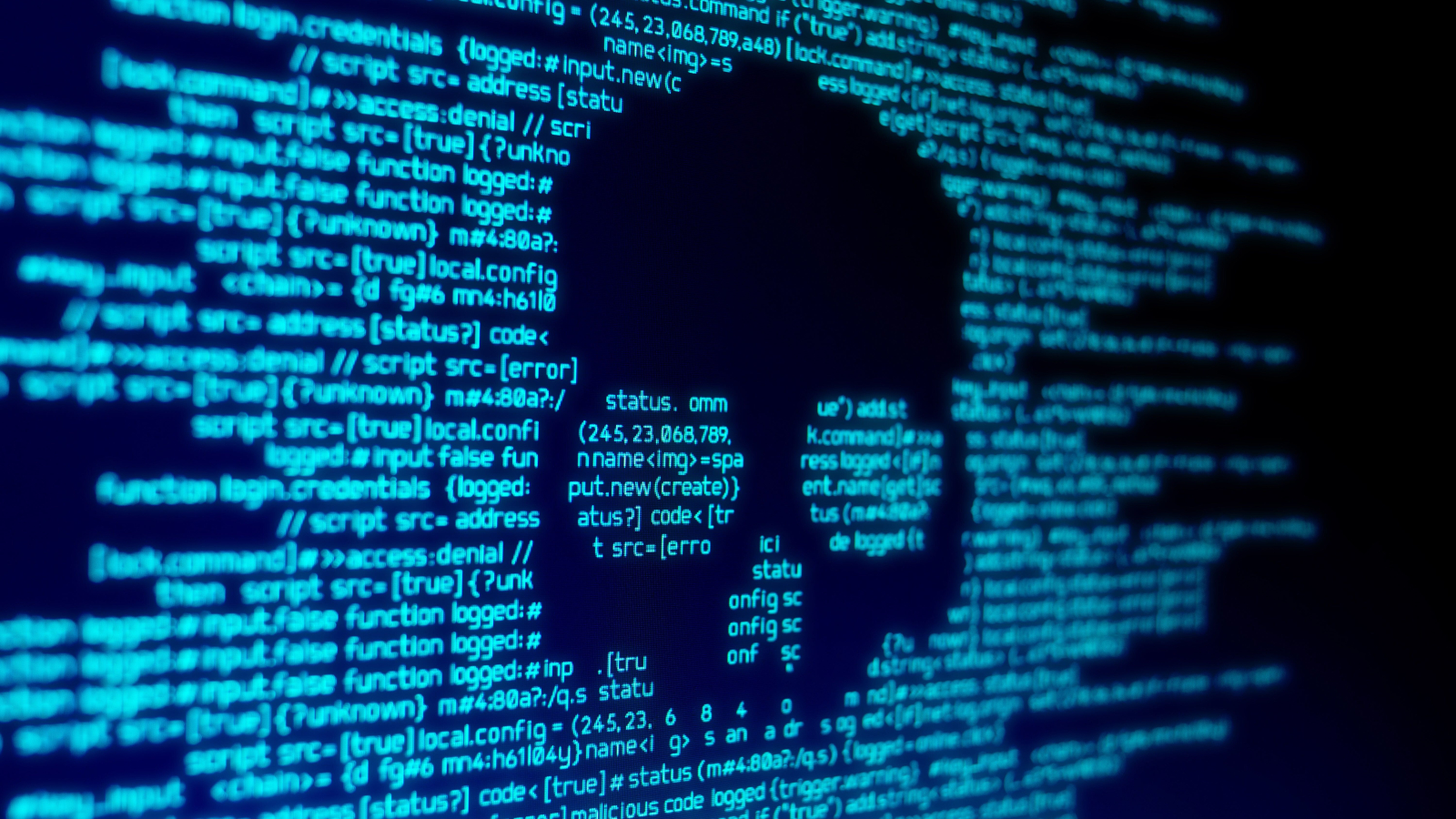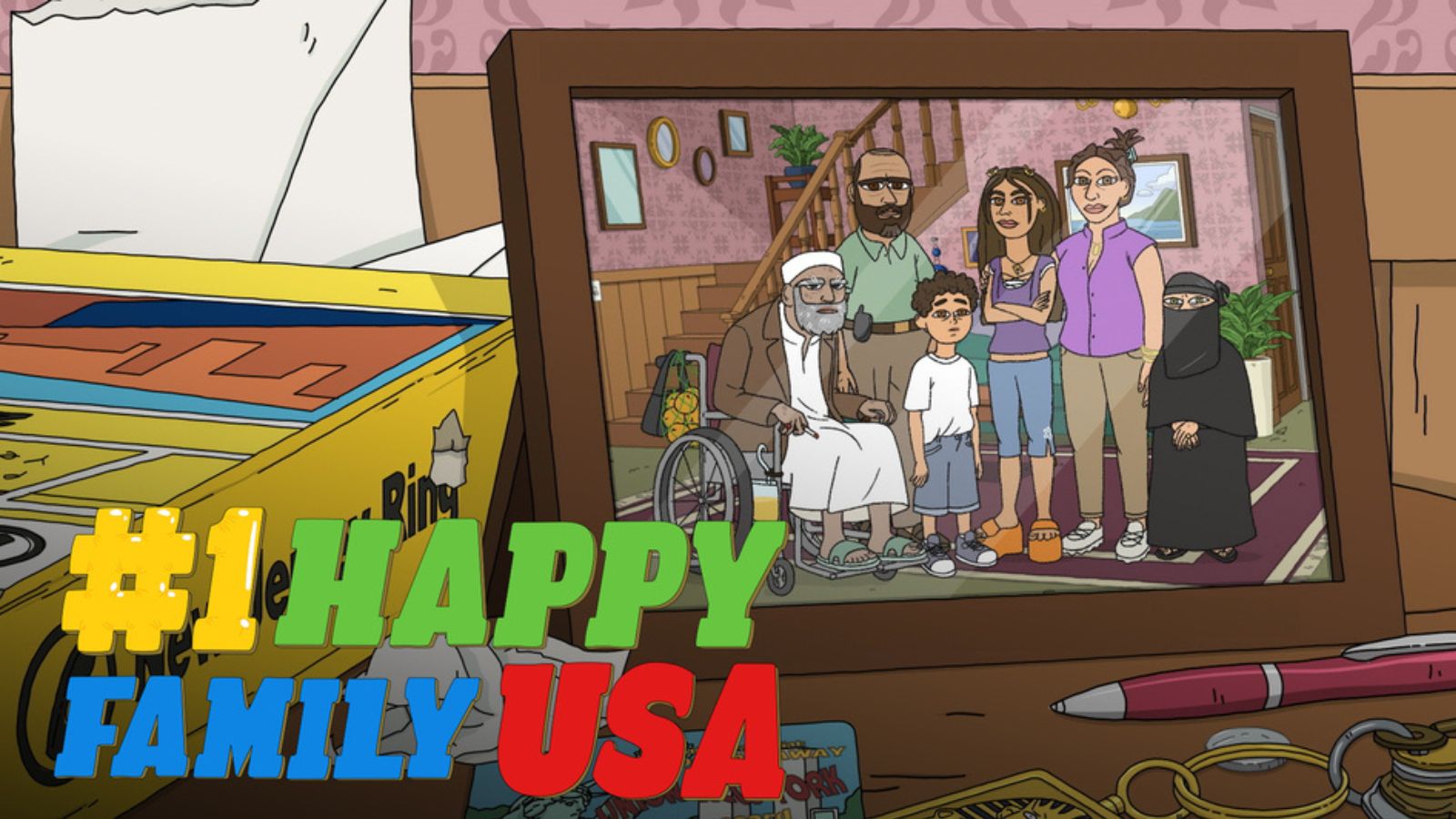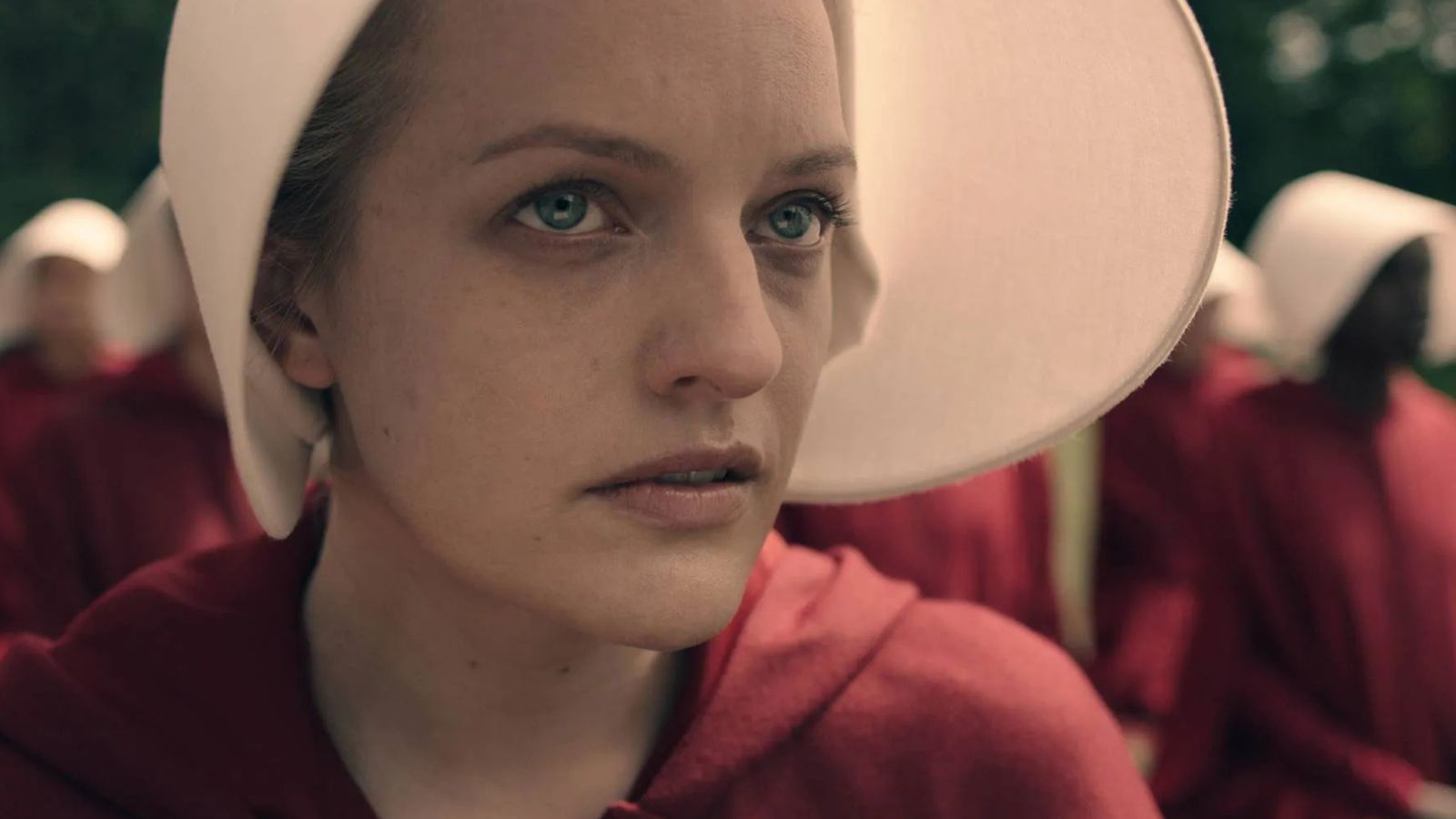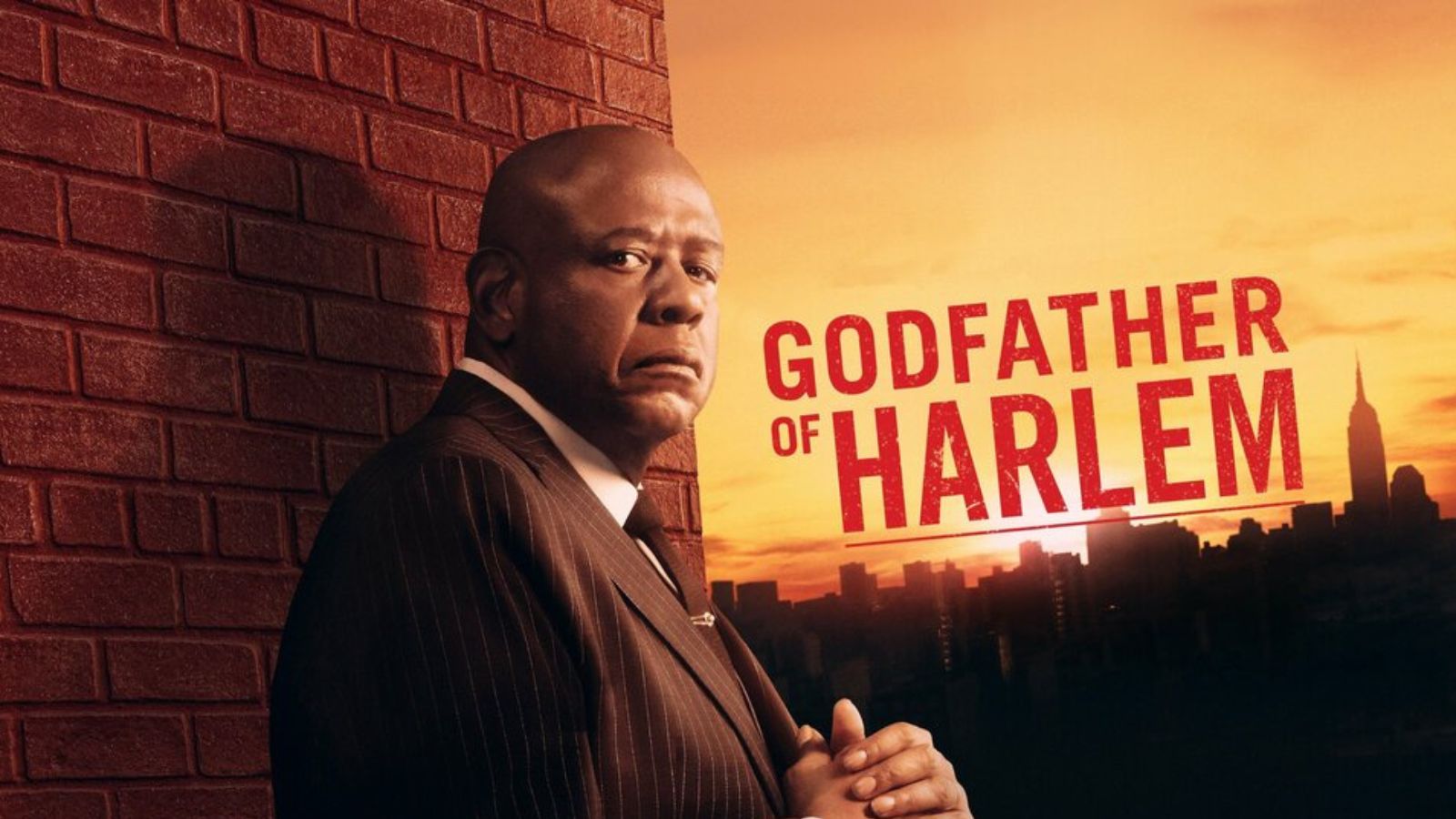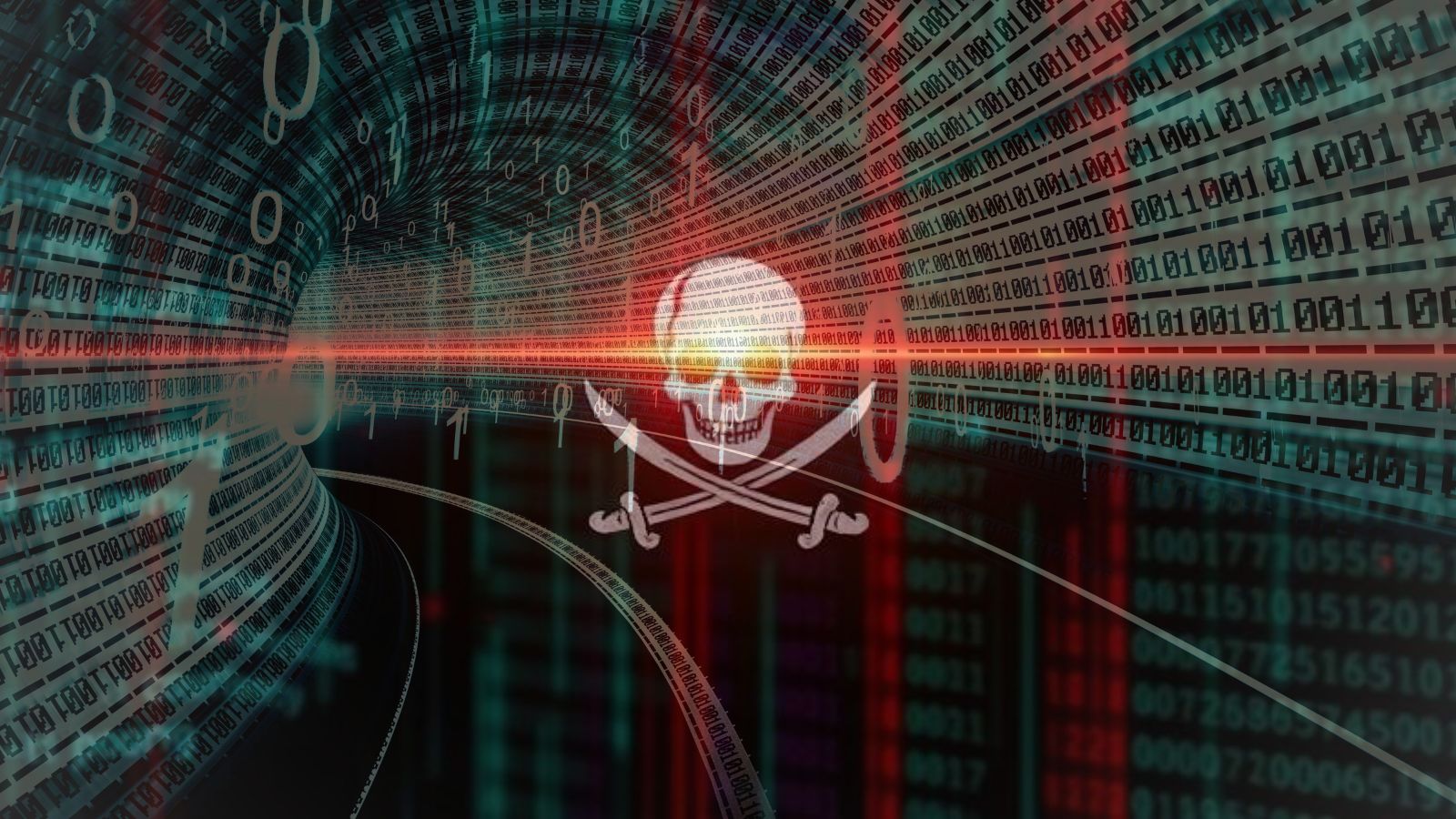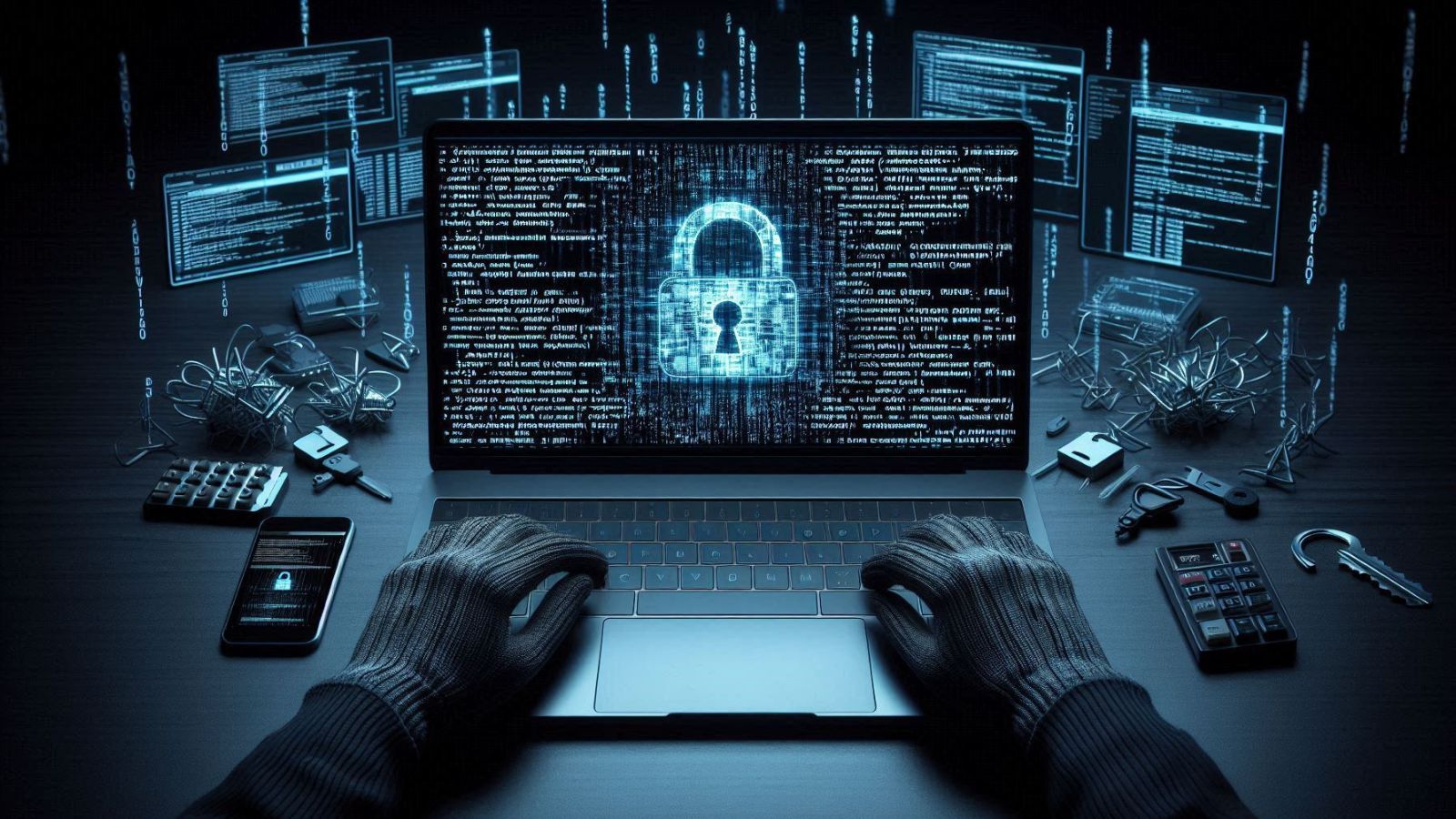
South Korea Preparing Bill to Protect E-Sports Tournament Participants
- The South Korean government is looking to introduce a new law that would prevent the unilateral cancellation of esports events.
- Such incidents cause great harm for a large number of young professional players in the country.
- The incident that got the lawmaking cogs turning was Blizzard’s 2018 decision to shut a HoTS tournament.
South Korean politician Dong-su Yoo of the Democratic Party of Korea has presented a new law proposal called “The Heroes of the Storm Law,” which was drafted to help protect e-sports players from arbitrary unilateral decisions. As the man explained, unilateral termination or last-minute cancellation of gaming tournaments doesn’t respect the players’ rights, hurts casters, viewers, and even game publishers or other entities linked with the organization of these tournaments.
Yoo was inspired to create “HOTS Law” in December 2018, when Blizzard Entertainment decided to shut down Heroes Global Championship (HGC) and Heroes of the Storm - and not bother to inform the involved organizations, players, and their coaches. This resulted in heavy losses for these players, who could have focused on training for (and eventually joining) a different tournament instead. One of the South Korean teams affected by this incident, “Gen. G Esports,” was forced to disband because of that.
In South Korea, there are numerous professional e-sports groups, and this is actually the country where the concept of e-sports was born. The top teams make over two million USD annually from tournament winnings, endorsements, and streaming revenues. There are even esports academies operating in the country, providing the basis for a remunerative career path. So, in South Korea, the matter is taken a lot more seriously than in any other part of the world.
Due to the top-level skills required for this profession, most players retire by the age of 25, as they can no longer compete with younger gamers who have speedier reflexes and movement accuracy. As such, those people have a very short time span to generate income and cannot afford to be the victims of unilateral tournament cancellations.
As Mr. Yoo commented:
According to the new law amendment proposal, any game producer and/or publisher who owns the copyright of the title and wishes to hold an e-sports competition in South Korea must notify all stakeholders in advance if they intend to cancel it or change the rules. Fines may be added on top of that, too, but the law is still under consideration by the parliament’s lawmakers.

